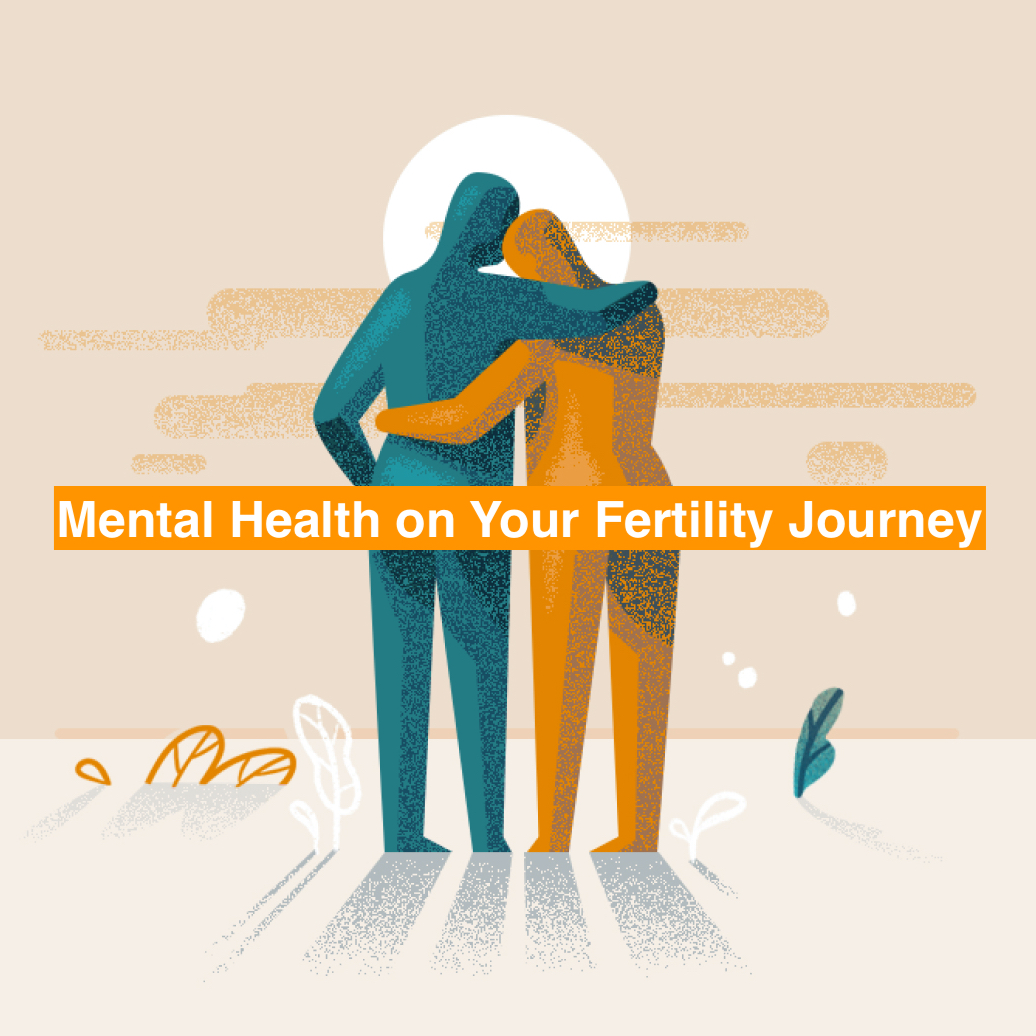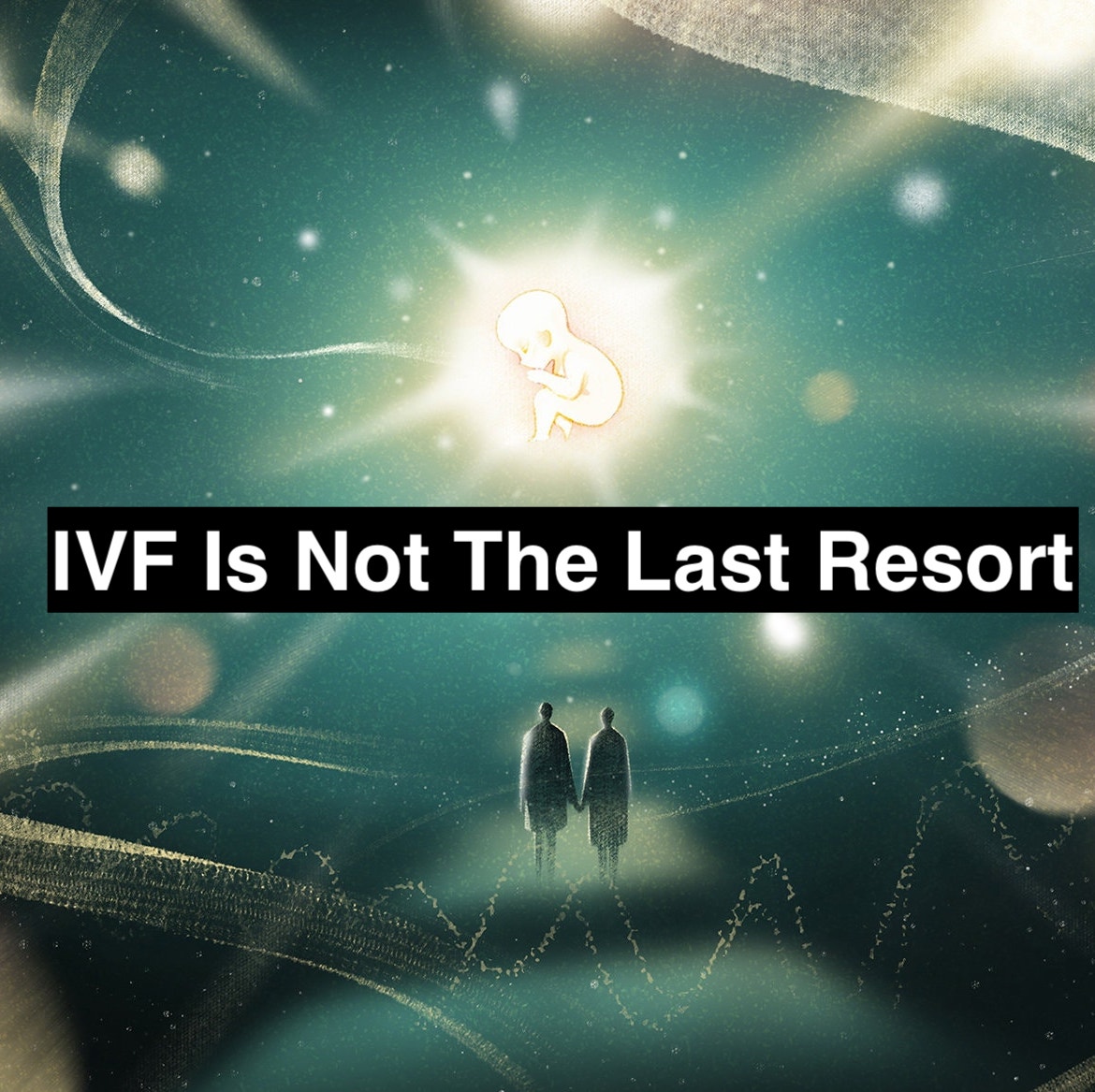Learn how to avoid common mistakes when using the HCG trigger shot in your fertility treatment.
Learn how to avoid common mistakes when using the HCG trigger shot in your fertility treatment.
The HCG trigger shot is a crucial component of fertility treatments, often used in conjunction with in vitro fertilization (IVF) or intrauterine insemination (IUI). While this shot can significantly enhance the chances of successful conception, it is essential to avoid common mistakes that may hinder its effectiveness. In this article, we will delve into understanding the HCG trigger shot, discuss the role of HCG in fertility treatments, explore common mistakes associated with its usage, provide tips to avoid these mistakes, highlight the impact of mistakes on fertility treatment outcomes, and emphasize the importance of seeking professional guidance when using HCG trigger shots.
Understanding the HCG Trigger Shot
The HCG trigger shot is an injection containing the hormone human chorionic gonadotropin (HCG), which is similar to the hormone produced during early pregnancy. It is typically administered to stimulate the final maturation and release of eggs from the ovaries. This shot plays a vital role in fertility treatments, as it helps synchronize the release of eggs with the timing of assisted reproductive procedures.
What is an HCG Trigger Shot?
The HCG trigger shot is a synthetic form of the hormone HCG. It is administered via injection either in the muscle or under the skin. The timing of the shot is crucial, as it is usually given when the eggs are mature and ready for ovulation.

When a couple is undergoing fertility treatments, the HCG trigger shot becomes an essential part of the process. The shot is carefully timed to ensure that the eggs have reached their full maturity before being released from the ovaries. This synchronization is crucial because it allows the fertility specialist to plan the next steps of the assisted reproductive procedures, such as intrauterine insemination (IUI) or in vitro fertilization (IVF).
During the process of fertility treatment, the HCG trigger shot is often administered after a series of other medications and monitoring. These medications are used to stimulate the ovaries to produce multiple eggs, increasing the chances of successful fertilization. The fertility specialist closely monitors the growth and development of the eggs through ultrasounds and blood tests. Once the eggs have reached the desired size and maturity, the HCG trigger shot is given to initiate the final stage of the ovulation process.
The Role of HCG in Fertility Treatments
In addition to triggering ovulation, HCG also has a crucial role in fertility treatments. This hormone helps optimize the uterine lining, which is essential for successful implantation of the embryo. It also supports the corpus luteum, a temporary gland formed after ovulation, to produce progesterone, a hormone vital for early pregnancy.
After the HCG trigger shot is administered, the eggs are released from the ovaries and travel through the fallopian tubes, where they can be fertilized by sperm. If fertilization occurs, the resulting embryo will continue its journey to the uterus, where it will hopefully implant and develop into a pregnancy. The HCG hormone plays a significant role in preparing the uterus for implantation by promoting the growth and development of the uterine lining, also known as the endometrium.
Furthermore, HCG supports the corpus luteum, which forms after ovulation. The corpus luteum is responsible for producing progesterone, a hormone that helps maintain the uterine lining and supports early pregnancy. Progesterone is crucial in preventing the shedding of the uterine lining and ensuring a suitable environment for the embryo to implant and grow.
In conclusion, the HCG trigger shot is a vital component of fertility treatments. It not only triggers the final maturation and release of eggs but also plays a crucial role in preparing the uterus for implantation and supporting early pregnancy. The careful timing and administration of the HCG trigger shot are essential for maximizing the chances of a successful pregnancy in assisted reproductive procedures.
Common Mistakes with HCG Trigger Shots
While the HCG trigger shot can greatly enhance the effectiveness of fertility treatments, a few common mistakes can decrease its efficacy:
Incorrect Timing of the Shot
One of the most common mistakes is administering the HCG trigger shot too early or too late. This can disrupt the synchronization between egg release and assisted reproductive procedures, potentially reducing the chances of successful conception.
Timing is crucial when it comes to the HCG trigger shot. It is important to closely monitor your menstrual cycle and work closely with your healthcare provider to determine the optimal time for administration. Administering the shot too early may result in premature ovulation, while administering it too late may lead to missed opportunities for fertilization. Achieving the perfect timing requires precision and careful planning.
Misuse of the Injection
Another mistake often made is improper administration of the HCG trigger shot. It is crucial to follow the specific instructions provided by your healthcare provider to ensure the shot is administered correctly. Failure to do so may compromise its effectiveness.
Proper injection technique is essential for the HCG trigger shot to work as intended. This includes selecting the appropriate injection site, using the correct needle size, and following aseptic procedures to prevent infection. Your healthcare provider will provide detailed instructions on how to administer the shot, and it is important to ask any questions or seek clarification if needed. Taking the time to learn and practice the proper injection technique can make a significant difference in the success of your fertility treatment.
Overlooking Potential Side Effects
Some individuals may overlook or underestimate the potential side effects of the HCG trigger shot. These can include mild symptoms such as headache, breast tenderness, or bloating, as well as more severe complications like ovarian hyperstimulation syndrome (OHSS). Ignoring or downplaying these side effects can be detrimental to both your well-being and the success of fertility treatments.
It is important to be aware of the potential side effects associated with the HCG trigger shot and to communicate any concerns or symptoms to your healthcare provider. While mild side effects are generally temporary and resolve on their own, more severe complications like OHSS require immediate medical attention. By closely monitoring your body and staying in regular contact with your healthcare provider, you can ensure that any potential side effects are addressed promptly and effectively.
Overall, avoiding these common mistakes and being proactive in your approach to the HCG trigger shot can significantly increase the chances of successful fertility treatment. By understanding the importance of timing, following proper injection techniques, and staying vigilant about potential side effects, you can optimize the effectiveness of this valuable tool in your journey towards conception.
Tips to Avoid HCG Trigger Shot Mistakes
The HCG trigger shot is an important component of fertility treatment, and it is essential to ensure its proper administration. By following a few key tips, you can minimize the risk of mistakes and maximize the effectiveness of the treatment.
Ensuring Proper Administration
When it comes to the administration of the HCG trigger shot, precision is crucial. To avoid mistakes, it is essential to follow the instructions provided by your healthcare provider diligently. These instructions may include specific guidelines on the timing, dosage, and injection technique.
It is normal to have doubts or concerns about administering the HCG trigger shot, especially if you are doing it for the first time. In such cases, do not hesitate to seek clarification from your healthcare provider. They can guide you on the correct technique and dosage, ensuring that you administer the shot correctly.
Remember, the HCG trigger shot plays a vital role in triggering ovulation, so it is crucial to administer it accurately for the best chances of success.
Monitoring for Side Effects
After administering the HCG trigger shot, it is important to stay attentive to any side effects that may arise. While side effects are generally mild and temporary, it is essential to keep a record of any symptoms or discomfort you experience and promptly communicate them to your healthcare provider.
Common side effects of the HCG trigger shot may include mild bloating, breast tenderness, or mild abdominal discomfort. However, if you experience severe pain, excessive swelling, or any other concerning symptoms, it is important to seek medical attention immediately.
Early detection and management of side effects can contribute to a smoother and more successful treatment process. Your healthcare provider can provide guidance on managing any side effects and ensure your well-being throughout the treatment.
Importance of Follow-Up Appointments
Attending scheduled follow-up appointments is crucial to monitor your response to the HCG trigger shot and overall fertility treatment progress. These appointments allow your healthcare provider to assess your condition, address any concerns, and make necessary adjustments to optimize treatment outcomes.
During follow-up appointments, your healthcare provider may perform various tests, such as blood work or ultrasound, to evaluate the effectiveness of the HCG trigger shot and the overall progress of your fertility treatment. Based on the results, they can make informed decisions regarding the next steps of your treatment plan.
Additionally, follow-up appointments provide an opportunity for you to discuss any questions or concerns you may have. Open communication with your healthcare provider is essential throughout the treatment process, and these appointments offer a dedicated time to address any issues that may arise.
By attending follow-up appointments as recommended, you can ensure that your fertility treatment is on track and receive the necessary support and guidance from your healthcare provider.
The Impact of Mistakes on Fertility Treatment Outcomes
Consequences of Incorrect HCG Trigger Shot Use
Making mistakes with the HCG trigger shot can lead to suboptimal fertility treatment outcomes. A mistimed or improperly administered shot can significantly reduce the chances of successful conception, potentially prolonging your fertility journey.
When it comes to fertility treatments, precision and accuracy are paramount. The HCG trigger shot, a crucial step in many fertility treatment protocols, is no exception. This shot contains a hormone called human chorionic gonadotropin (HCG), which helps trigger ovulation. By administering the shot at the precise moment, it ensures that the eggs are released at the optimal time for fertilization.
However, if the HCG trigger shot is not administered correctly, it can have detrimental effects on the entire treatment process. Mistiming the shot can result in premature or delayed ovulation, throwing off the carefully planned timing of other fertility procedures, such as intrauterine insemination (IUI) or in vitro fertilization (IVF). This misalignment can significantly reduce the chances of successful conception and may require additional cycles of treatment, prolonging the emotional and financial burden.
How Mistakes Can Affect Treatment Success Rates
Each step in fertility treatments plays a crucial role in overall success rates. Even a small mistake during the HCG trigger shot administration can have a significant impact on treatment outcomes. By avoiding these mistakes, you can maximize the chances of achieving a successful pregnancy.
One common mistake is administering the HCG trigger shot too early or too late in the menstrual cycle. Timing is everything in fertility treatments, and the HCG trigger shot must be given at the precise moment to ensure that the eggs are released when they are most receptive to fertilization. If the shot is given too early, the eggs may not be mature enough, leading to a lower chance of successful fertilization. On the other hand, administering the shot too late may result in missed opportunities for fertilization, as the eggs may have already started to deteriorate.
Another mistake to avoid is improper administration technique. The HCG trigger shot is typically administered subcutaneously, meaning it is injected just beneath the skin. It is essential to follow the proper injection technique to ensure accurate delivery of the medication. Injecting too shallowly or at the wrong angle can result in inadequate absorption of the hormone, rendering the shot ineffective. Conversely, injecting too deeply can cause discomfort or even injury.
Furthermore, it is crucial to store the HCG trigger shot properly. This medication is sensitive to temperature and light, and improper storage can compromise its effectiveness. It is recommended to keep the medication refrigerated and protected from direct sunlight. Failure to store the shot correctly can lead to a decrease in its potency, reducing the chances of successful ovulation and subsequent conception.
While mistakes can happen, it is essential to work closely with your fertility specialist to minimize the risks. They will guide you through the entire treatment process, ensuring that each step is executed with precision and care. By following their instructions and seeking their guidance, you can increase the likelihood of a positive outcome and bring your dreams of starting a family closer to reality.
Seeking Professional Guidance for HCG Trigger Shots
The Role of Your Healthcare Provider
Your healthcare provider is an invaluable resource throughout your fertility treatment journey. They possess the expertise and experience required to guide you through the administration and usage of the HCG trigger shot. Regular communication with your provider can help ensure that you receive optimal support and care.
When to Seek Help
If you have any concerns or questions regarding the HCG trigger shot, it is essential to reach out to your healthcare provider promptly. They can provide personalized advice, address your concerns, and offer appropriate solutions to navigate through any challenges you may encounter.
By staying informed, mindful, and seeking professional guidance, you can avoid common HCG trigger shot mistakes and increase your chances of achieving a successful outcome in your fertility treatments. Remember, every step matters on the path to parenthood.









